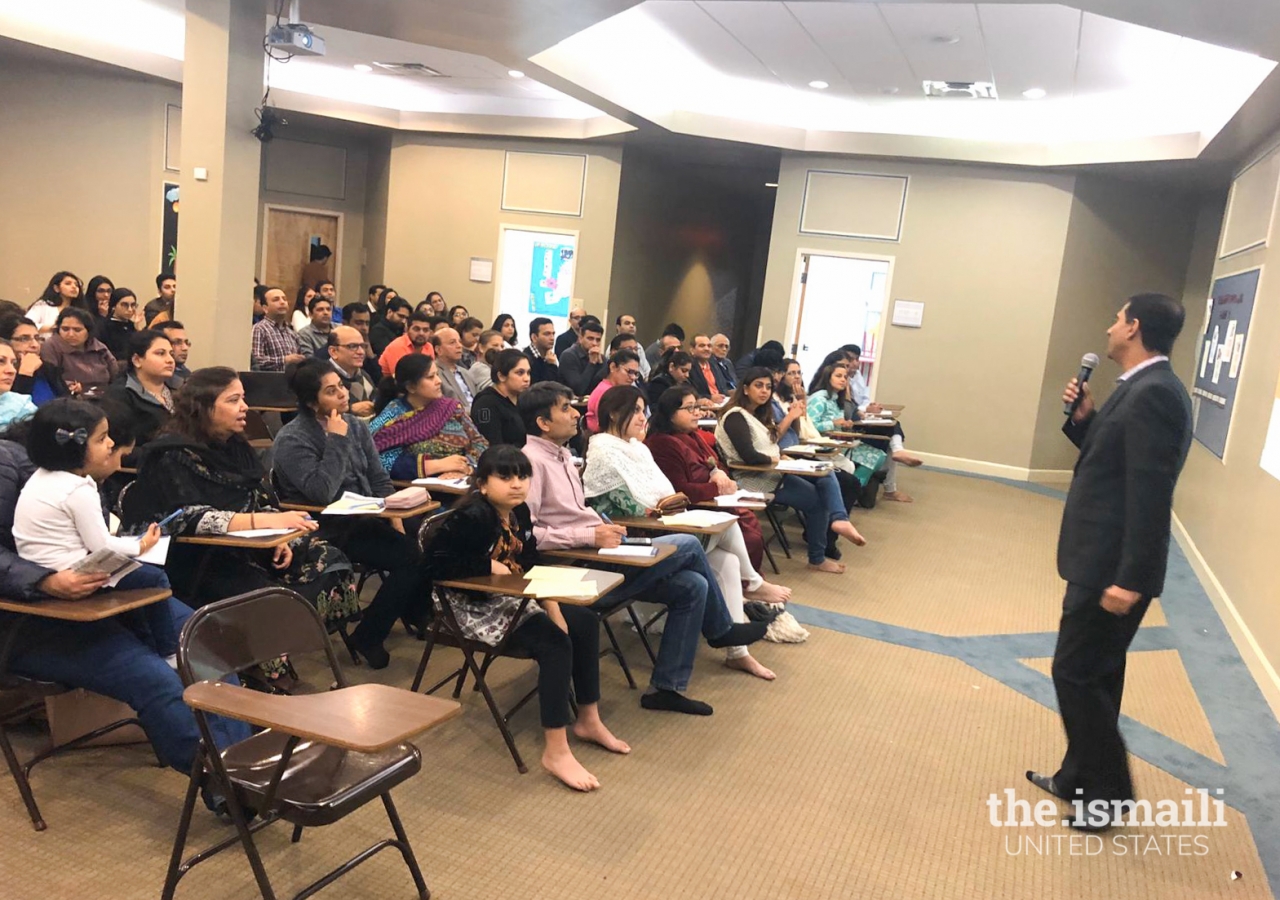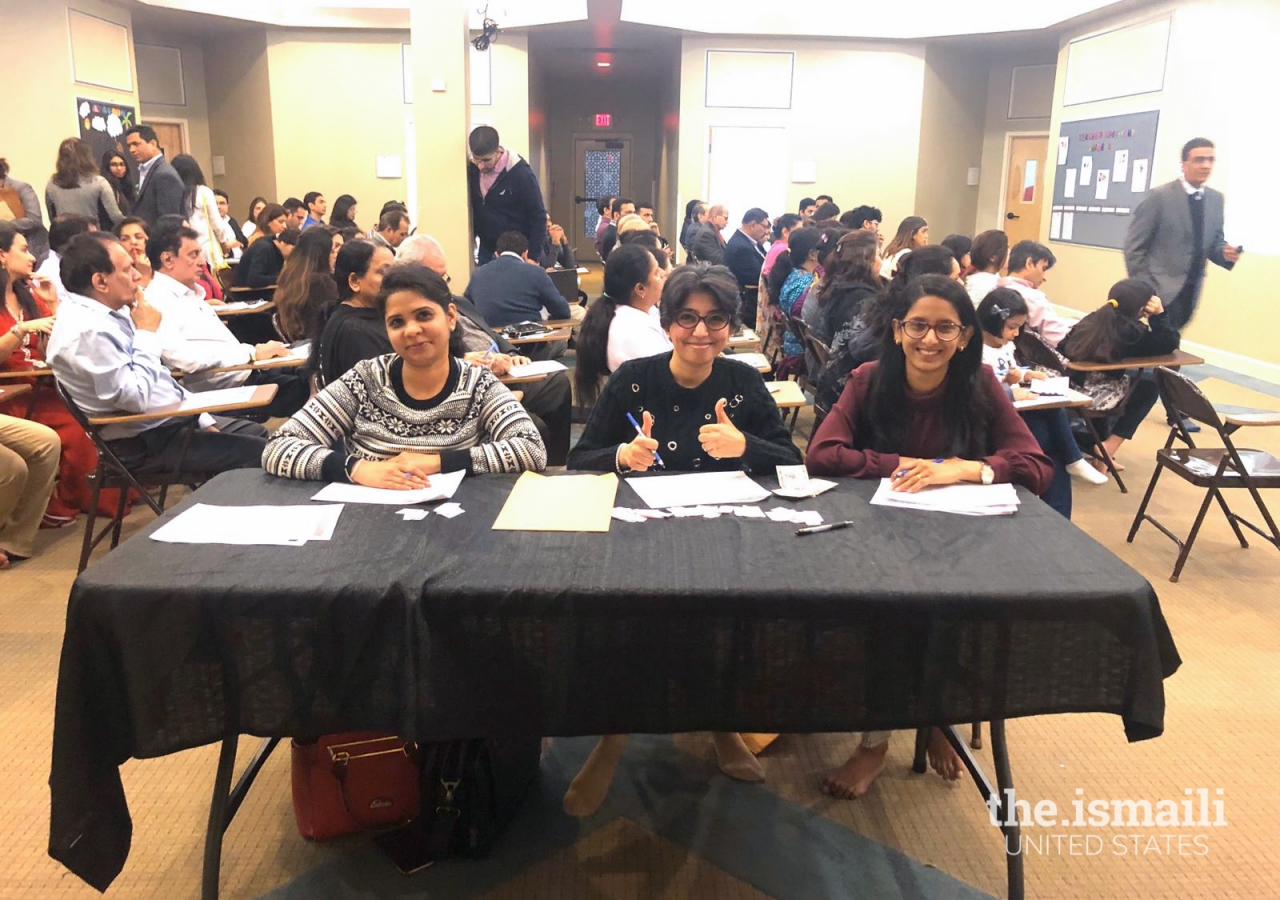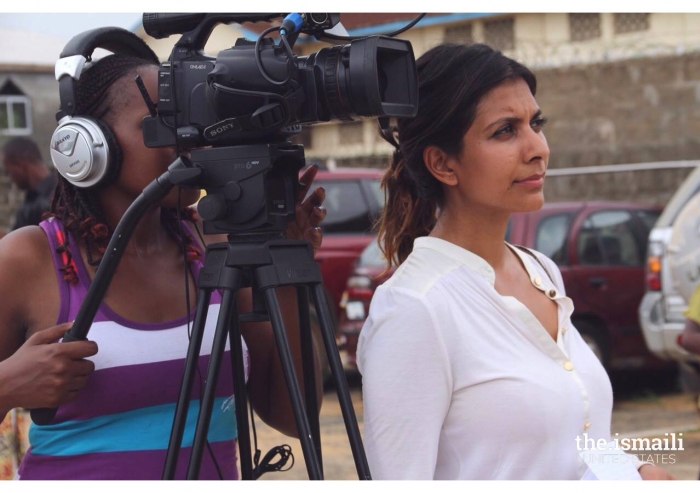Even in one of the richest countries in the world, many are financially insecure, including members of the Jamat, so improving the quality of life of the Jamat is a priority for our institutions. The Aga Khan Economic Planning Board (EPB) for the USA is playing a critical role in addressing quality of life for marginalized Jamati members by finding opportunities for income enhancement. Working in partnership with the Quality of Life (QOL) program, EPB has developed a multitude of programs to ensure the economic empowerment of the Jamat. Shenila Babool, member of the EPB, shared some of the key initiatives that the Jamat can leverage.
Immediate Job Placement
Shenila describes this as the “bread and butter” for EPB. The program is designed to address the immediate employment needs of the Jamat, by identifying and placing members into positions such as gas station employees, pizza delivery, food industry workers, among others. “We’ve built relationships with Jamati members who own local businesses, and that helps us accelerate placement,” Shenila explained, adding that in most cases if the member is a good fit, they would get a call back within 48 hours, and could be placed in a new job in 7-15 days. The program is also benefiting local businesses, since they can turn to the EPB when they need quick placements. “It’s a win-win situation across the board,” Shenila said. The program is open to members of all ages and skill levels.
Small Business Initiatives
Technology, growing online consumption, and increasing multiple-income households have opened up opportunities for job seekers to explore more entrepreneurial job options. Leaning into that trend, EPB has identified nine areas of entrepreneurial focus: Online Sales/E-Commerce, Tutoring, Catering, Cell Phone Repair, Child/Adult Care, Uber/Lyft, Ride-Share, Sewing and Alteration.
“We have identified subject matter experts in all of these entrepreneurial fields who will help train those interested,” explained Shenila. “But,” she adds, “this is not a simple placement.” EPB manages these programs holistically, starting with a Small Business Management 101 course through the EPB’s Financial Literacy Planning Program. The two-hour course provides an overview of all the fields of interests, and then supports the Jamat in completing a survey to hone in on one job that they would like to pursue. Participants then receive further, customized training around their chosen job. “The training also focuses on what the member wants to achieve – is it to boost income, will this be a primary mode of income, or are they trying to gain new knowledge? Those factors impact how the person should think about their small business,” said Shenila.
Once someone has started a business, EPB begins to implement the Skills Development Initiative Placement. The initiative takes a more comprehensive view of skills to ensure the individual not only sustains, but also grows and succeeds in the chosen business. “If you’re a bookkeeper, simply taking accounting courses is not enough. You need to learn Excel, you should have some writing skills, you need customer service,” Shenila explained. In partnership with QOL, EPB is evaluating existing courses to customize them further and make sure that once placed, they have the skills to continue and grow in the field.
Yasmin Jivani who leads one of the small business initiatives in Houston, currently manages a group of 11 Jamati women – including those from Afghanistan and other South Asian countries – who collectively run a small business called, “Kuch Khata, Kuch Meetha” (Something Savory, Something Sweet). The women all knew how to cook, but the program provided training on serving at a commercial level, including enhancing the quality of their product. “We gave them the avenue to formalize their business,” explained Yasmin. “The rest is all their hard work.”
In-demand products for the group include samosas, rotis, and puris – traditional savory snacks in South Asia and East Africa. “We trained one lady on how to fry puris, and bought her a domestic tortilla-maker to help,” Yasmin explained. With many hours of practice, the lady was able to perfect her skill, eventually gaining a sizable demand among local patrons. “Eventually, we supported her to buy a commercial tortilla-maker,” Yasmin said with a smile.
“It’s been a life altering experience,” said the lady, who chose to remain anonymous. “I never thought I could manage a business at this scale. Today, I’m able to support my family, I have a community of fellow Jamati members whom I can trust, and run ideas by, and I have hope,” she said. “I can picture myself continuing to grow the business.”
Shenila credits a lot of this progress to the hard work of volunteers, like Yasmin, who work relentlessly, to support the needs of the Jamat. To date, the Small Business Initiative has supported more than 300 Jamati members with various levels of training.
Taking Small Businesses to the Next Level
In addition to supporting new small businesses, a large component of the Jamat is current business owners, looking for new ideas, best practices, new knowledge and opportunities to upscale. EPB’s Sweat Equity Project is designed for individuals who work as employees in existing businesses of Jamati members. “We have a lot of Ismailis who employ other Ismailis in their gas stations, convenience stories, or food franchises,” explained Shenila. Through this program, EPB is designing training in the partnership of trade associations to prepare employees to gain more technical, language skills, and soft skills to be placed in a position where they could become more of an asset for the companies they work for. “Many of these businesses want to grow, and are looking for the right talent to take over the day-to-day responsibilities. Through this program, we prepare that talent, so the employer can focus on growth, while the employee can take on a managing partner role, and gain equity in the business too,” Shenila said.
Supporting Newly-arrived Members
With the rise of immigration from across the world, EPB is working to economically empower them. Partnering with Nizari Credit Union, EPB offers auto loan programs for recent immigrants from Afghanistan, Iran, Syria, and Iran. “This is a critical pain point for Jamati members. Having access to a car opens up the opportunities for them to expand the scope of their potential employment,” Shenila remarks. She also added that it allows the family to become more involved in Jamati activities by bringing young children to ECD or REC programming, which can impact the family’s overall quality of life, and ensure long term sustainability in the US.
“I think this is the best program that the Jamati Institutions could have developed for new immigrants like me,” said a person who used the auto loan program, and chose to remain anonymous. “With a new car, my maintenance cost has gone down drastically. I feel less anxious knowing that my car will not breakdown in the middle of the traffic. I am able to gradually build up my credit score, and am making more money as I can give rides outside of my regular job. Thanks to the Imam's institutions for helping us out.” To date, the program has given loans to 645 members, giving them opportunities to become more engaged within their communities.
FinOnline for Business Owners
Giving business owners more freedom to find opportunities, EPB’s FinOnline platform is a tool that business owners can use for buying and selling businesses, and marketing their products within the Ismaili community. “It’s almost like an Ismaili LinkedIn,” explained Shenila. For example, a small business roti maker could share availability on the portal for someone to obtain. While more active in the Southeast region, EPB is working to strengthen its presence around the country.
EPB is continuing to identify more opportunities to support the growth of the Jamat, while boosting income at a larger scale. Poverty alleviation within the Jamat has continued to be a priority for Jamati Institutions based on Mawlana Hazar Imam’s guidance, and its importance was further enhanced during the Diamond Jubilee year. “We want the Jamat to know that if they are working toward financial sustainability for their families, EPB is there to help them and partner with them,” said Shenila.













